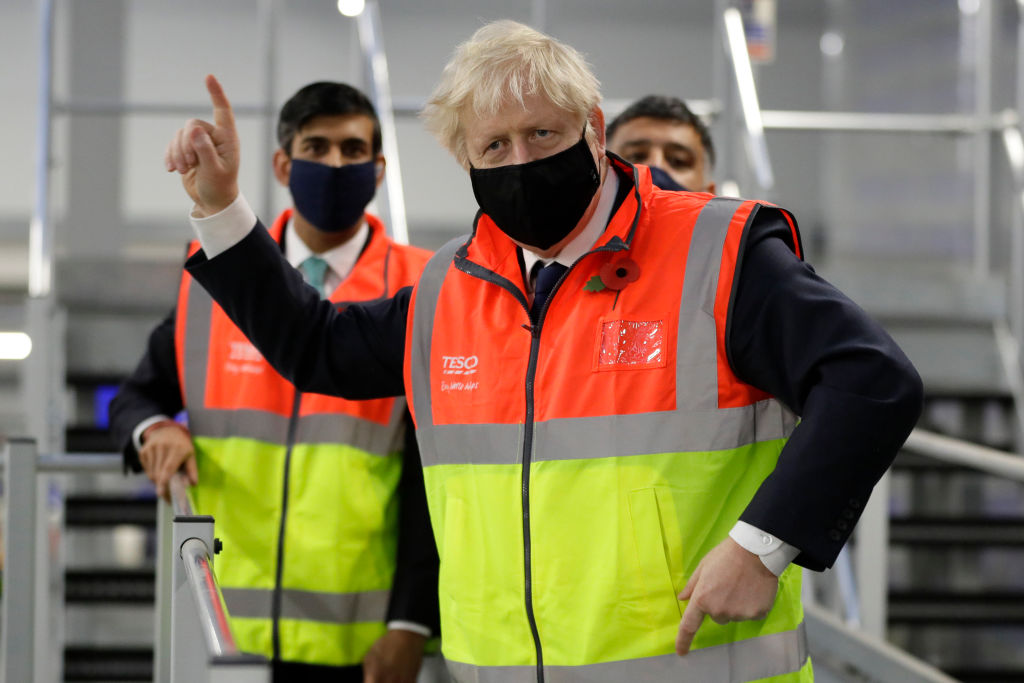Well, that didn’t take long. Two days ago, a leaked report revealed that the government was considering using a national insurance tax hike to pay for the NHS backlog and social care. Now it looks as though the money could be diverted elsewhere.
The anticipated increase of at least one per cent on national insurance would transfer an additional £6bn from taxpayers to the Treasury. But today, the Times reports that £1.5bn of that sum may not go to hip replacements or speeding up the timeline for cancer patients to access treatment. Instead it could help fund the three per cent NHS pay raise, which has been promised by health secretary Sajid Javid.
This latest debacle also raises a big question over the priorities of Boris Johnson’s government.
Once again, this shows why hypothecated taxes – taxes introduced to fund a specific area of policy – so rarely work. In spite of the way in which such tax rises are presented, in reality the money isn’t cordoned off. Instead, it is funnelled into the Treasury’s coffers and used for whatever the government prioritises at the time. It increases the government’s overall revenue, under the guise of paying for something specific.
This latest debacle also raises a big question over the priorities of Boris Johnson’s government. If a quarter of the budget from this alleged new tax were to be diverted away from primary care to higher wages for NHS workers, what does that mean for the five million (and counting) people currently on NHS England’s waiting list?
Javid has been speaking in strong terms about the healthcare horrors which will creep up on us soon, including ‘seven million people that did not come forward to the NHS to be helped with things like cancer, with heart disease’ and the tragic deaths that have, and will, result from this. But it’s not yet clear if the damage done over the past 16 months – cancelled treatments and screenings to protect NHS capacity – has been fully realised across Whitehall.
This tax hike is quickly coming to symbolise the many areas in which the Tory party is getting its fiscal policy disastrously wrong. A rise in National Insurance rates targets workers, often in younger age groups, who will be asked to pay more to support the older generations with their social care, without asking those most immediately likely to benefit to contribute.
It’s also worth asking whether it really is justified giving public sector workers a pay raise right now. There is no doubt that healthcare staff have worked hard during the pandemic. But those in the public sector have already benefited from a seven per cent ‘premium’ before Covid, making them better off than the average private sector worker. Is it fair that key workers in supermarkets or pharmacies should see their taxes go up to pay for this pay rise?
Perhaps most of all, this tax rise is a signal that a few billion pounds here or there is now viewed as chump change, even by Tory MPs. The problem for the government is that it is no longer committing to emergency spending, but day-to-day spending, and that’s going to require sustained revenue. A National Insurance tax hike would certainly prove painful for taxpayers, but it’s not at all obvious it would even begin to cover the costs of this government’s ever-increasing promises.






Comments